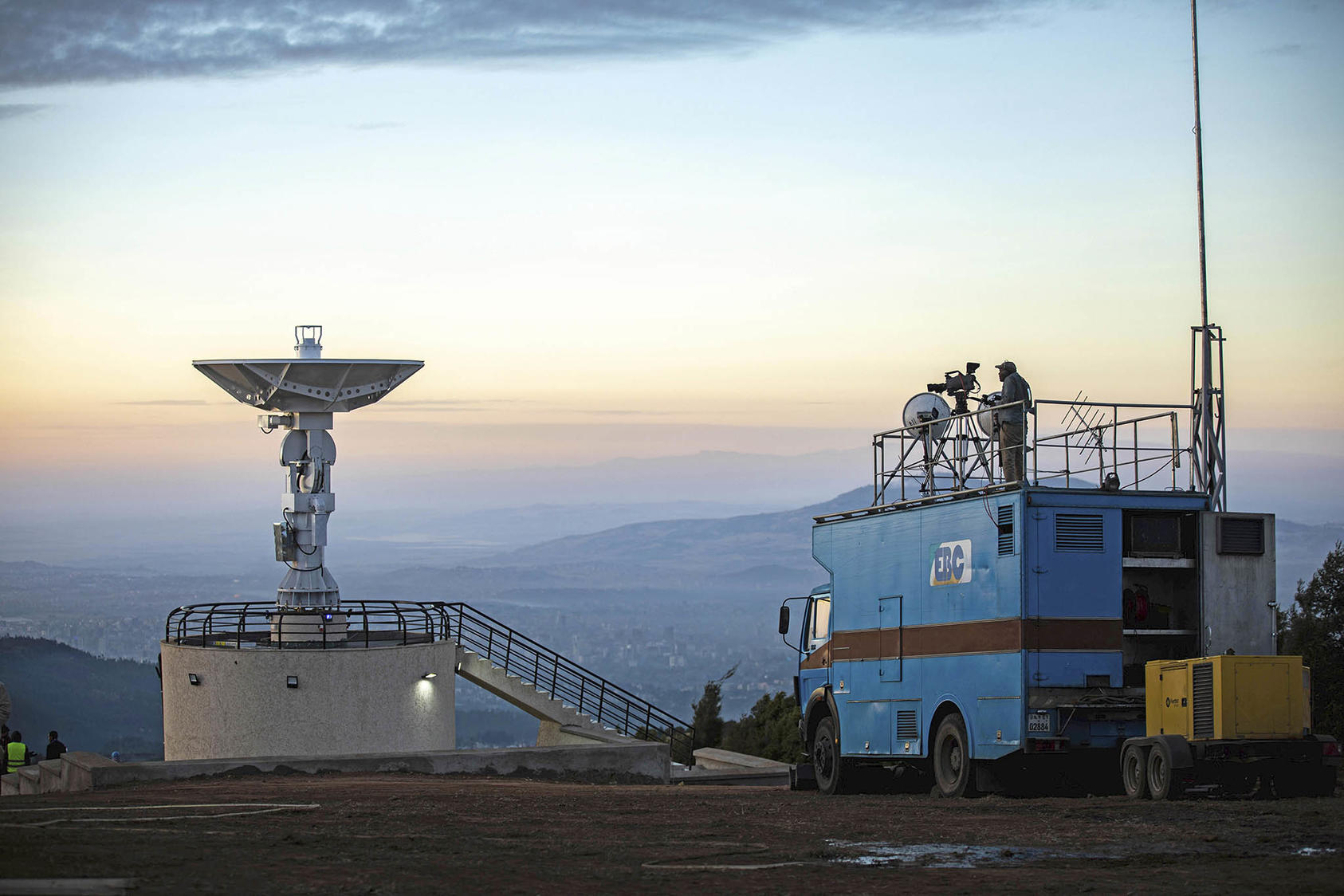Julie Michelle Klinger & Temidayo Isaiah Oniosun
 Beijing has made support for the development of African nations’ space programs a key incentive for the continent to form closer ties with China. By contrast, although US federal agencies and universities are actively involved in research partnerships with some African countries, space technology has not been a focus of US foreign policy in Africa. This report provides an overview of China’s partnerships with Africa’s space programs and offers recommendations for boosting US engagement to advance shared diplomatic, economic, and security objectives.
Beijing has made support for the development of African nations’ space programs a key incentive for the continent to form closer ties with China. By contrast, although US federal agencies and universities are actively involved in research partnerships with some African countries, space technology has not been a focus of US foreign policy in Africa. This report provides an overview of China’s partnerships with Africa’s space programs and offers recommendations for boosting US engagement to advance shared diplomatic, economic, and security objectives.Summary
- Outer space is no longer the domain of a few powerful countries pursuing strategic and technological objectives. Today, more than 20 African countries have space programs entrusted with achieving an array of development, security, and governance goals.
- China is increasingly supportive, offering space science and space cooperation as an incentive for African states to form closer ties to Beijing. The actors involved include government agencies, private and quasi-private companies, and academic institutions in both China and African partner states.
- Four cases illustrate how China supports the development of African capacities in satellite communications and Earth observation. China has provided financing and training, built satellites and ground stations, and cooperated on satellite navigation and climate monitoring.
- Although US actors—both private and government—are engaged in Africa’s space sector, their activities are not coordinated with broader US foreign policy objectives.
- The United States should relax restrictions on international space business development and access to US satellite imagery while deepening scientific collaboration with regional institutions.
This report is based on academic research conducted in several languages and on four continents on global space development and investment patterns, with a particular focus on China’s overseas activities. It is significantly informed by the original data analytics and market research generated by Space in Africa. Preliminary research on this topic was supported by a grant from the Johns Hopkins University School of Advanced International Studies China-Africa Research Initiative (SAIS-CARI) in 2019–20. The report was commissioned by the Asia Center at the United States Institute of Peace.
No comments:
Post a Comment